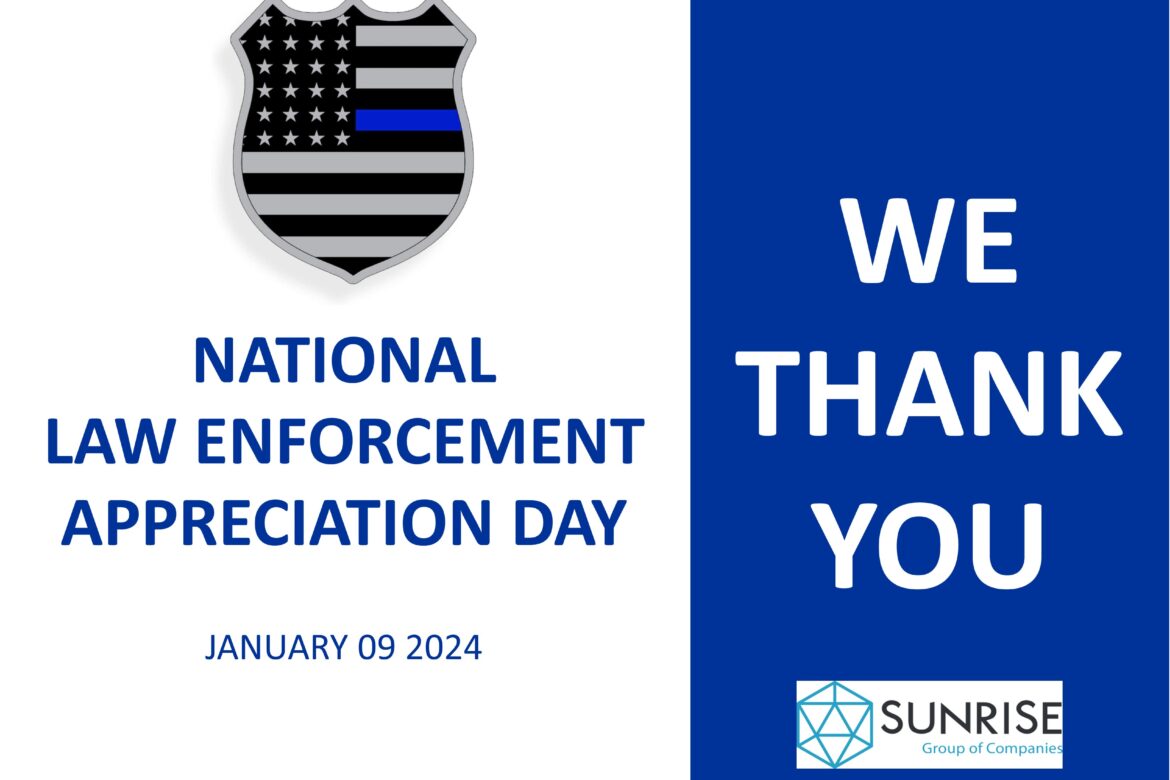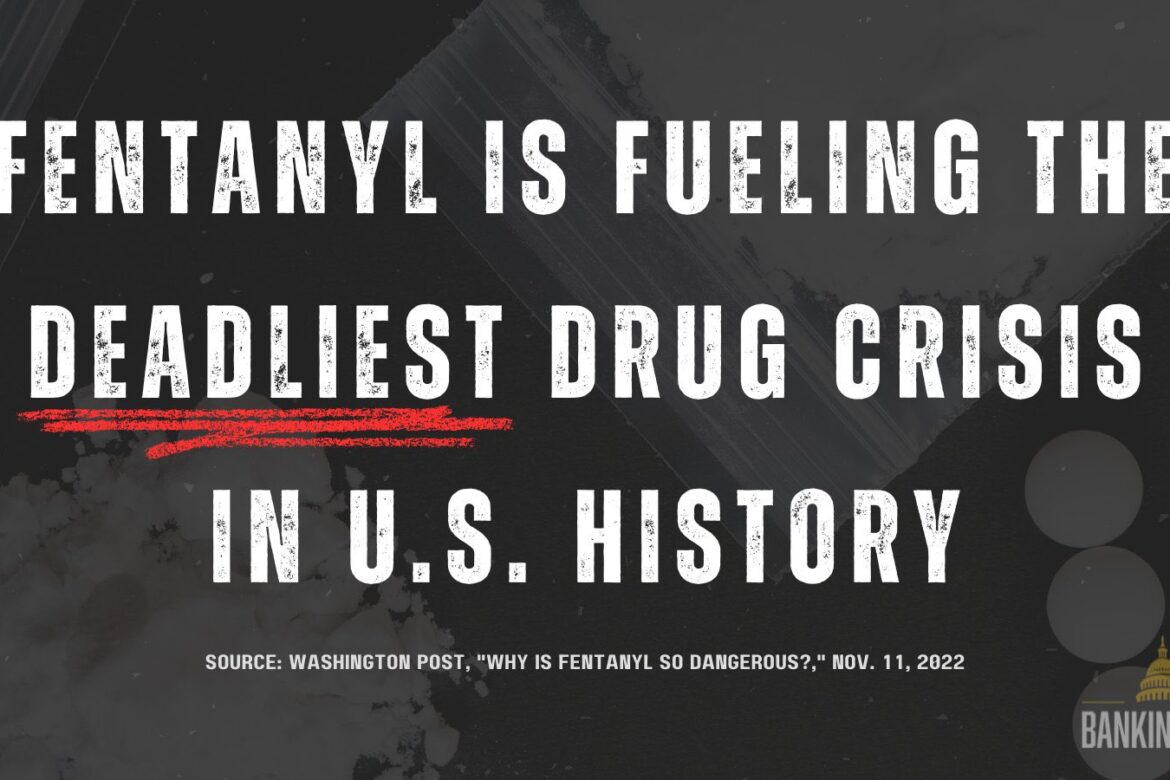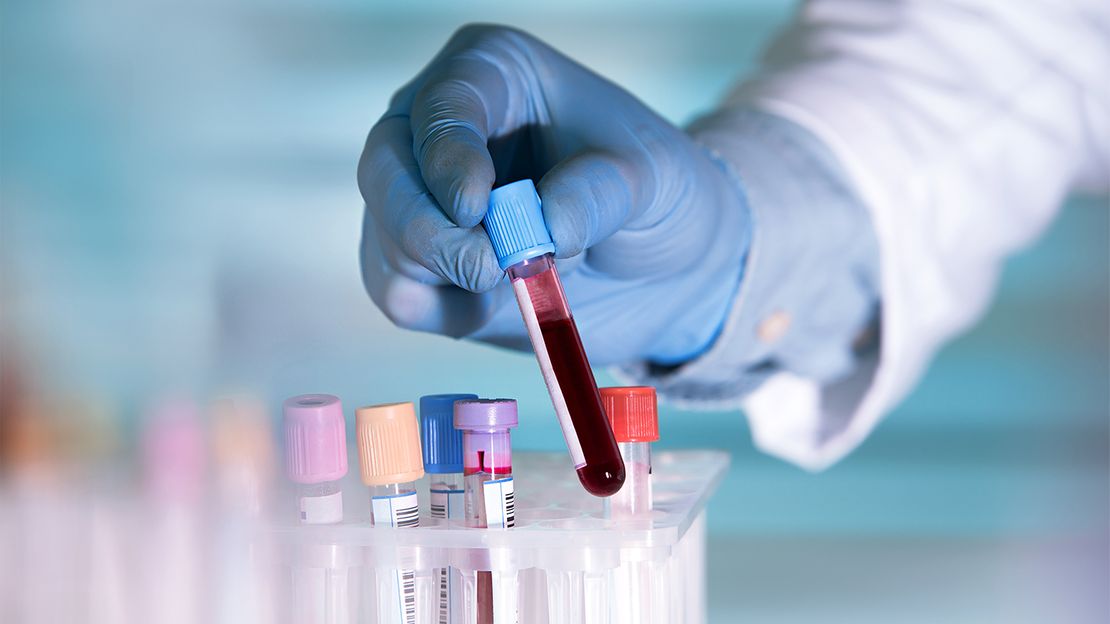Charting the Course: Diagnostic Labs in the Post-Pandemic Era
Introduction: The healthcare landscape has been irrevocably altered by the COVID-19 pandemic. Diagnostic laboratories, once primarily focused on virus testing, are now at a crossroads, seeking to redefine their roles in a post-pandemic world. As a diagnostic laboratory owner, I’ve witnessed this evolution firsthand. In this piece, we’ll delve into how laboratories are adapting, leveraging molecular testing, addressing staffing shortages, and meeting reimbursement challenges.
The Legacy of COVID-19 Testing: The pandemic spurred an unprecedented surge in COVID-19 testing, a pivotal role that laboratories played in safeguarding public health. Now, as the pandemic transitions to an endemic phase, laboratories are contemplating their next steps. The expiration of the federal Public Health Emergency for COVID-19 on May 11 has provided laboratories with a renewed impetus to utilize their acquired expertise, equipment, and resources for new testing ventures.
Repurposing for a New Normal: With the demand for COVID-19 testing diminishing due to widespread vaccination and at-home rapid-antigen tests, laboratories are in search of a new equilibrium. The challenge lies in standardizing operations and optimizing existing resources, especially in the face of financial constraints incurred during the pandemic.
The Molecular Testing Renaissance: Molecular testing, once viewed as a formidable technology, emerged as a linchpin in the fight against COVID-19. Laboratories rapidly adapted, embracing PCR testing and unlocking its potential. This newfound proficiency in molecular testing is a linchpin for labs seeking to expand beyond COVID-19 testing. Whether screening for infectious diseases or exploring applications in oncology and pharmacogenomics, molecular testing offers a versatile toolkit for laboratories.
Addressing the Staffing Conundrum: The pandemic took a toll on an already stretched workforce, exacerbating the existing shortage of medical technologists. Automation and artificial intelligence have emerged as critical solutions. Integrating data solutions and remote capabilities has not only improved efficiency but also alleviated labor strains. However, investments in the human workforce remain paramount. Enhancing working conditions, offering competitive salaries, and providing opportunities for growth are essential to retaining and nurturing laboratory professionals.
Meeting Reimbursement Challenges: As laboratories broaden their testing capabilities, reimbursement in the post-pandemic world emerges as a critical concern. Demonstrating the effectiveness of new testing methodologies is imperative. Laboratories must proactively generate evidence to justify the expanded use of molecular testing.
A Collaborative Future: The pandemic has broken down silos within the healthcare ecosystem. Laboratories are now integral players in decision-making and are sought after for their insights. This newfound collaboration underscores the pivotal role that laboratories play in the healthcare delivery system.
In conclusion, the post-pandemic era presents both challenges and opportunities for diagnostic laboratories. By capitalizing on their newfound expertise in molecular testing, addressing staffing shortages through a combination of automation and workforce investments, and actively engaging in evidence generation for reimbursement advocacy, laboratories can forge a path forward in this dynamic landscape. As laboratory owners, we stand at the forefront of shaping the future of healthcare.
About: Sunrise Clinical Lab, a part of the Sunrise Group of Companies led by Founder and CEO Mohammed Naeem, provides comprehensive laboratory services in New Jersey and New York, delivering precision and excellence in healthcare diagnostics.
Read moreMessage on Patriot Day 9/11/2023
“On this Patriot Day, we remember and honor the lives lost on 9/11. 🇺🇸 The strength and resilience of the American people shine through adversity. In unity, we move forward toward a brighter future. 🕊️ #PatriotDay #NeverForget” – Mohammed Naeem
Read moreCombating the Fentanyl Crisis: Introducing the FEND Off Fentanyl Act
The Fentanyl Eradication and Narcotics Deterrence (FEND) Off Fentanyl Act is a crucial initiative aimed at tackling the alarming rise in fentanyl-related deaths. As the opioid crisis continues to plague our nation, this bipartisan legislation is a bold step towards curbing the devastating impact of fentanyl and safeguarding our communities.
Understanding the Act: The FEND Off Fentanyl Act is a sanctions and anti-money laundering bill designed to combat the country’s fentanyl crisis by targeting the illicit fentanyl supply chain. From chemical suppliers in China to drug cartels trafficking the substance from Mexico, the act takes a comprehensive approach to disrupt and sanction fentanyl traffickers and money laundering operations. By enhancing current law and providing the Treasury Department with new tools, this legislation aims to significantly reduce the flow of this dangerous product into our neighborhoods.
Quote from Mohammed Naeem: “Addressing the fentanyl crisis demands unified action and innovative solutions. The FEND Off Fentanyl Act is a pivotal stride towards curbing the flow of this lethal substance into our communities. As founder and CEO of Sunrise Group of Companies, I wholeheartedly support this legislation’s commitment to protecting lives and fostering a safer future.”
Key Provisions of the Act:
- Declares international trafficking of fentanyl a national emergency.
- Requires the President to sanction transnational criminal organizations and key members engaged in fentanyl trafficking.
- Empowers the President to utilize proceeds from forfeited, sanctioned property to further law enforcement efforts.
- Enhances enforcement of sanctions violations to ensure accountability.
- Prioritizes reducing international trafficking of fentanyl and related opioids through comprehensive reporting to Congress.
- Enables the Treasury Department to combat fentanyl-related money laundering through special measures.
In the face of an escalating fentanyl crisis, the FEND Off Fentanyl Act stands as a beacon of hope. By uniting lawmakers and advocates, we can take decisive action to safeguard our communities and work towards a future free from the grip of this deadly substance.
For more information, visit:
- prnewswire.com
- banking.senate.gov
- wicker.senate.gov
- mccaul.house.gov
Together, we can bring about change and protect lives through the FEND Off Fentanyl Act.
Quote from Mohammed Naeem: “At Sunrise Clinical Services, our mission extends beyond treatment. It’s about taking action to create a safer world. The FEND Off Fentanyl Act aligns with our commitment to fighting the fentanyl crisis, reinforcing the importance of collective effort in building a healthier future.”
Read moreUnveiling the Promise of Multi-Cancer Early Detection (MCED) Tests: Revolutionizing Cancer Diagnosis
Introduction: Cancer detection has entered a new era with the advent of Multi-Cancer Early Detection (MCED) tests. These revolutionary “liquid biopsy” tests analyze a blood sample to identify specific biological signals released by cancer cells. In this article, we’ll delve into the significance of MCED tests, their potential to detect multiple cancer types from a single blood sample, and the ongoing research supporting their development.
Decoding Multi-Cancer Early Detection (MCED) Tests: MCED tests represent a groundbreaking leap in cancer detection. Unlike traditional single-target cancer screenings, MCED tests aim to identify various cancer types using a single blood sample. By analyzing specific pieces of DNA or proteins from cancer cells in the blood, MCED tests offer the potential to not only diagnose cancer but also pinpoint the organ of origin. Some MCED tests focus on identifying the likelihood of cancer presence, necessitating further imaging tests to locate the source of abnormal DNA or proteins.
The Underlying Promise: Early Detection:
- Enhanced Survival Rates: Timely cancer detection is correlated with improved survival rates and more effective treatment outcomes.Reduced Invasiveness: MCED tests may reduce the need for invasive procedures like biopsies, minimizing patient discomfort and risk.Tailored Treatments: Early diagnosis via MCED enables personalized treatment strategies based on individual cancer profiles.
Why Pursue MCED Tests? The majority of cancer-related deaths stem from cancers lacking proven early detection methods. MCED tests aim to address this gap by potentially identifying a wide range of cancers before symptoms manifest.
MCED Tests’ Regulatory Status and Current Use: MCED tests are not yet FDA approved, but some operate under Clinical Laboratory Improvement Act (CLIA) regulations as lab-developed tests, allowing their use based on medical orders. Ongoing data collection by test developers aims for eventual FDA approval.
Supplementing Existing Screening Methods: MCED tests are positioned to complement rather than replace current screening tests like mammograms, Pap tests, colonoscopies, and PSA blood tests. They may extend the spectrum of detectable cancers, especially those without established screening protocols.
Unanswered Questions and Ongoing Research: Several crucial questions surround MCED tests:
- Detection Accuracy: The accuracy of MCED tests for various cancers and their subtypes remains a subject of ongoing investigation.Time Gains in Early Detection: MCED tests must identify cancers significantly earlier than symptom onset to positively impact treatment outcomes.Impact on Outcomes: Research must confirm whether earlier detection via MCED translates to improved patient outcomes and reduced cancer-related mortality.False Positives and Negatives: Addressing the prevalence of false-positive and false-negative results remains essential for patient well-being.Target Population and Frequency: Determining who should undergo MCED tests and the optimal testing intervals requires careful consideration.
American Cancer Society’s Role: The American Cancer Society (ACS) plays a pivotal role in advancing MCED science:
- Research: ACS funds research and collaborates with MCED test developers to provide insights and assess test accuracy within population studies.Advocacy: Once an MCED test proves effective and gains FDA approval, ACS advocates for equitable access to this test for recommended individuals.
The GRAIL Galleri Test in Focus: The GRAIL Galleri test, currently not FDA approved but available under CLIA waivers, exemplifies the MCED landscape. This central laboratory test is prescribed by doctors, with costs often borne by patients. Ongoing large-scale clinical trials aim to address uncertainties surrounding its accuracy and capabilities.
Conclusion: Multi-Cancer Early Detection (MCED) tests hold the potential to transform cancer diagnosis and management. While not yet FDA approved, these tests signify a promising advancement in detecting a spectrum of cancers at early stages. With ongoing research and collaborations, MCED tests could bridge the gap in early detection for numerous cancers, ultimately saving lives and altering the trajectory of cancer care.
Disclaimer: The information in this article is based on the American Cancer Society’s medical and editorial content team’s insights as of September 2021. Subsequent developments may have occurred. For the latest updates, refer to reputable sources and ongoing research.
About: Sunrise Group of Companies, encompassing Sunrise Clinical Labs, Sunrise Diagnostic Laboratory, Sunrise Care, Sunrise Clinical Services, and the Sunrise Second Chance Foundation, showcases a commitment to comprehensive care and support. Notably, Sunrise Clinical Services stands as a beacon of hope for Substance Use Disorder, while the Sunrise Clinical and Diagnostic Laboratories serve as reference labs specializing in infectious diseases and toxicology screening, offering confirmatory testing.
Read moreNavigating the COVID-19 Landscape: Insights from a Reference Lab with Extensive Testing Experience
In the face of escalating COVID-19 cases, the global community finds itself at a critical juncture, grappling with emerging variants and renewed challenges. As a reference lab with a wealth of experience in conducting COVID-19 testing throughout the pandemic, we are acutely aware of the concerns surrounding the current situation. With the appearance of the new BA.2.86 variant and ongoing rises in cases, understanding what to look for in the new variants and when to get tested remains crucial for effective management.
BA.2.86, a distant relative of the omicron variant, has garnered attention due to its unique mutations on the spike protein. While it is still early to definitively assess the strain’s impact, health agencies worldwide are closely monitoring its behavior. The large number of mutations it carries raises questions about potential changes in transmissibility, immune evasion, and diagnostic accuracy.
The CDC’s recent risk assessment (Aug. 23) offers initial insights into BA.2.86. According to the assessment, existing tests and medications continue to hold promise in detecting and treating this variant. Nonetheless, it is noted that BA.2.86 might exhibit increased infectivity among individuals with prior immunity. The assessment also reassures that there is no current evidence suggesting heightened disease severity linked to this variant. The fluid nature of this situation is well-captured by the CDC’s statement, “That assessment may change as additional scientific data are developed. CDC will share more as we know more.”
The rise in COVID-19 hospital admissions, particularly driven by offshoots like EG.5 and FL.1.5.1, underscores the urgency of vigilance. While summer festivities bring joy and social connection, the lack of widespread mask usage and growing gatherings have facilitated a fresh surge in cases. This situation mandates a reevaluation of preventative measures.
In the words of Mohammed Naeem, founder and CEO of the Sunrise Group of companies, “Prevention remains our most powerful tool in combating the spread of COVID-19 and its variants. As we navigate through this evolving landscape, it’s imperative that individuals take proactive steps to protect themselves and their communities.” Naeem’s sentiment reflects the collective responsibility we all share in curbing the virus’s reach.
As a reference lab committed to public health, we offer the following recommendations:
– Stay Informed: Regularly monitor updates from reputable health organizations like the CDC and WHO to stay abreast of the latest developments.
– Adhere to Guidelines: Follow recommended guidelines, including mask usage and social distancing, especially in crowded or indoor settings.
– Prioritize Testing: If you experience COVID-19 symptoms, have been exposed to a confirmed case, or are returning from high-risk areas, seek testing promptly.
– Maintain Hygiene Practices: Regular handwashing and proper respiratory etiquette remain essential in curbing transmission.
–Consider Vaccination and Boosters: Vaccination continues to play a pivotal role in reducing severe illness. – Stay informed about booster dose recommendations.
– Adjust Travel Plans: If planning to travel, research your destination’s COVID-19 situation and any entry requirements. Consider postponing non-essential trips if the situation warrants.
– Practice Flexibility: Be prepared for evolving guidance as scientists learn more about emerging variants.
In conclusion, as we confront the BA.2.86 variant and surges in cases, it is paramount that we remain vigilant, adaptable, and committed to collective well-being. By staying informed, adhering to guidelines, and acting responsibly, we can collectively navigate this challenging phase and emerge stronger.
About: Sunrise Group of Companies, encompassing Sunrise Clinical Labs, Sunrise Diagnostic Laboratory, Sunrise Care, Sunrise Clinical Services, and the Sunrise Second Chance Foundation, showcases a commitment to comprehensive care and support. Notably, Sunrise Clinical Services stands as a beacon of hope for Substance Use Disorder, while the Sunrise Clinical and Diagnostic Laboratories serve as reference labs specializing in infectious diseases and toxicology screening, offering confirmatory testing.
Mohammed Naeem Honored for Remarkable Healthcare and Philanthropic Contributions
FOR IMMEDIATE RELEASE
Mohammed Naeem, Founder and CEO of Sunrise Group of Companies, Honored for Remarkable Healthcare and Philanthropic Contributions
New York, June 29, 2023 – Mohammed Naeem, visionary Founder and CEO of the Sunrise Group of Companies, was recognized today at a ceremony held at the New York City Police Headquarters, 1 Police Plaza, New York, NY. The award, presented by First Deputy Commissioner Edward Caban, celebrates Mr. Naeem’s outstanding achievements and unwavering dedication to the fields of healthcare and philanthropy.

Mohammed Naeem’s relentless pursuit of excellence has transformed the landscape of healthcare and philanthropy, making an indelible mark on the lives of countless individuals. With innovation at the heart of his endeavors, Mr. Naeem has spearheaded initiatives that reflect the core values of compassionate care and community service.
Under his leadership, the Sunrise Group has emerged as a beacon of holistic healing, revolutionizing addiction treatment, mental health support, and diagnostic services through its portfolio of companies. The innovative wrap-around services philosophy championed by Mr. Naeem has redefined patient care, focusing on all-encompassing well-being and fostering a sense of belonging within the community.
Beyond his remarkable contributions to healthcare, Mr. Naeem’s philanthropic efforts have touched myriad lives. His philosophy of “paying it forward” has translated into concrete action, supporting vital causes such as cancer research, education programs, and assistance for survivors of domestic violence. This ethos of selfless service has not only enriched lives but also ignited a wave of positive change within the community.
First Deputy Commissioner Edward Caban, while presenting the award, praised Mohammed Naeem for his exceptional dedication to improving lives and serving as a role model for others to follow. He stated, “We are proud to honor Mr. Naeem for his tireless commitment to healthcare innovation and community upliftment. His impact resonates far beyond the boundaries of our great city, embodying the spirit of unity, service, and progress.”
In his acceptance response, Mohammed Naeem expressed his gratitude for the recognition and dedicated the award to the Sunrise Group team, supporters, and the communities that the organization serves. He reiterated his commitment to advancing healthcare, philanthropy, and community empowerment, reaffirming his belief in the transformative power of collective effort.
The ceremony concluded with a sense of optimism and renewed determination to emulate Mohammed Naeem’s example of dedicated service and impactful contributions. His legacy will continue to inspire generations to come, leaving an indelible imprint on the fabric of healthcare and community engagement.
For media inquiries, please contact: Anwer Qureishi, aqureishi@sunrisegoc.com or via Phone Number 973-444-1772.
About Mohammed Naeem and Sunrise Group of Companies:
Mohammed Naeem is the Founder and CEO of the Sunrise Group of Companies, a dynamic conglomerate committed to healthcare and philanthropic initiatives. His innovative approach to patient care and community service has garnered accolades and transformed lives, embodying the spirit of positive change.
Website: www.MohammedNaeem.org LinkedIn https://www.linkedin.com/in/mohammed-naeem-sunrise/ Instagram @mrmohammednaeem Twitter @_mohammednaeem Facebook https://www.facebook.com/mohammad.naeem.547
Read moreCombating the Silent Threat: Illegal Fentanyl Usage and How Sunrise Clinical Services Can Make a Difference

Introduction: As National Fentanyl Prevention & Awareness Day on August 21 approaches, the gravity of the situation cannot be understated. Illegally made fentanyl, a synthetic opioid, has entrenched itself as a looming danger in the United States, contributing to countless fatal drug overdoses. With nearly 200 lives lost each day due to overdoses related to synthetic opioids such as illegal fentanyl, it’s crucial that we delve into the severity of this crisis and understand the dangers it poses.
Mr. Mohammed Naeem, CEO of Sunrise Clinical Services, states: “At Sunrise Clinical Services, our commitment to tackling opioid addiction is unwavering. We understand the urgency of addressing the fentanyl crisis and its profound impact on individuals and communities. Through comprehensive diagnosis, prevention, and treatment initiatives, we aim to provide a beacon of hope to those affected by this epidemic.”
The Rising Threat: Fentanyl, originally designed for medical use, has infiltrated the illegal drug market with catastrophic consequences. Its potency is so intense that even a minuscule amount can result in fatal overdoses. The illegal production and distribution of fentanyl have exacerbated the opioid crisis, leaving devastation in their wake.
The Lethal Effects: While fentanyl offers an alluring and intense high, its dangers are unparalleled. The risk of overdose is alarmingly high due to its potency. Often unbeknownst to users, fentanyl-laced drugs lead to unintentional overdoses. A slight dosage miscalculation can be fatal, as fentanyl suppresses the respiratory system, causing respiratory failure and death.
A Grim Statistic: The harsh reality is that nearly 200 lives are lost daily in the United States due to overdoses related to synthetic opioids like illegally made fentanyl. Behind these staggering figures are individuals, each with aspirations, families, and potential, tragically cut short by a substance that shows no mercy. The impact of these losses reverberates far beyond the individual, affecting families, friends, and entire communities.
The Need for Awareness and Prevention: National Fentanyl Prevention & Awareness Day is a poignant reminder that a united front is necessary to tackle this crisis. Awareness is the first step towards prevention. Educating ourselves and our loved ones about the dangers of illegally made fentanyl empowers us to make informed decisions. Communities, healthcare professionals, law enforcement, and policymakers must collaborate to address the root causes of the fentanyl epidemic.
Seeking Help and Support: For those grappling with substance abuse, remember that assistance is available. Turn to addiction treatment centers, support groups, and medical professionals who can offer guidance and support in the path to recovery.
Conclusion: As we commemorate National Fentanyl Prevention & Awareness Day on August 21, let us remember the lives lost to illegal fentanyl usage and renew our commitment to preventing further tragedies. The fight against this silent menace requires awareness, education, and collective action to counter its devastating effects on our society. By joining forces, we can create a safer, healthier future for all.
Read more





